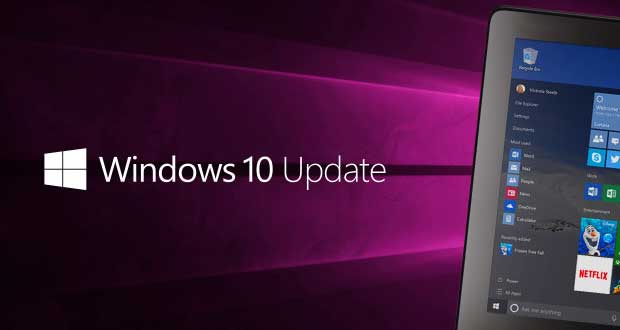
By Zachary Longo
As the number of internet users continues to rise, so does the probability of hackers entering one’s computer to take advantage of their personal information. In today’s world of information technology, anti-virus software has become the best defense for personal users and companies alike. However, there are even greater ways to prevent viruses from destroying your PC even with this software. These are some of the useful tips to further protect yourself from malware:
Keep Your System Updated
One of the risks of being attacked by malware is cluttered outdated software that is no longer necessary for users and businesses to install. This is possible for malware to enter the system because the outdated software may not have the critical security measures to defend against malware. To prevent this, be sure that your software, which includes your OS, web browsers, anti-virus software, plugins, and more.
Avoid Suspicious Email
Another common cause for malware-infected software is emails containing harmful malware through links or images to unknown sources. In most cases, this would be spam, but there are times where these emails could contain malware. The best way to tackle this is by marking the unrecognized email address as spam using a spam filter, that way your email application can mark it as spam.
Be Wary of Pop-Up Windows
There are times when you surf the internet that you will see a pop-up window saying that your computer has been infected by a virus and you need to download software for that. This is actually a trap and should be ignored to prevent the possibility of malware.
Keep Your File Sharing Limited
Some sites or applications allow you to share files to other users you may already know. However, many of these sites have little protection against malware for the files the user sends. Make sure that you remain cautious of malware when sharing files or downloading them from other sites or applications.
Use Anti-Virus Software
Most PC users already know that one of the first things to download and install in their new computer is anti-virus software. This software actually come installed with the OS most of the time. Their main purpose is to scan and protect against any kind of malware, whether it’s on your personal PC or on the internet. It is highly recommended that you install anti-virus software provided by IT service provider for your personal protection.
Utilize Safe Browsing
There are times when malware often spoofs widely used websites. The best way to avoid this is by practicing safe browsing. One of the best methods of using safe browsing is by going onto a secure website, which can be distinguished in the URL as “https” rather than just “http”. Another good method is applying strong passwords for various websites along with a password manager. Passwords are a common method of personal information protection, but the same password is not often repeated for different websites. So, the password manager can help remember and encrypt some of those forgetful passwords to save the hassle. Lastly, do not forget to log out of a website after you’re done using it, especially on a public website.
It’s good to have anti-virus protection software to protect your computer and personal information from malware, but it is also more comprehensive to implement the suggestions above to further guard your PC before malware can even have a chance to try and access your hardware. Doing so can save you or your company a ton load of money worth of damage malware can cause. In short, try to be more proactive and more secure of your personal information by taking malware seriously.
If you have any questions regarding malware protection, feel free to email us at [email protected] or call us at 732-780-8615 to get better information or even schedule an appointment for one of our trained professionals!

